
History is Written in Plurality
By: Wambra Medio Digital Comunitario @wambraec
In partnership with Belen Febres-Cordero and the women who participated in the creation of this series
English Version Published on December 13, 2021
Reading time: 42 minutes
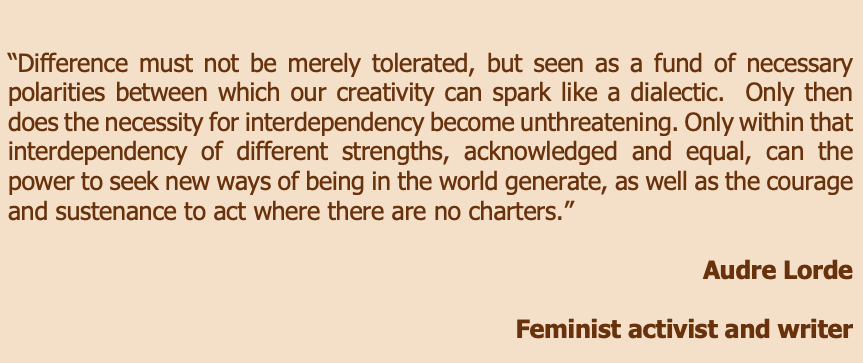
Those of us who share our sensations, perceptions, and experiences of well-being and health in this journalistic series of feature stories come from very different paths of life. We self-identify as Afro-Ecuadorian, Black, Runas/Indigenous, Montubias, and Mestizas. We describe ourselves as brave, ethical, feminist, humble, sensitive, outgoing, friendly, spontaneous, strong, confident, determined, responsible, honest, hard-working, goal-oriented, positive, and warriors. We have fire inside us, and we are also full of dreams and smiles. We all speak Spanish, but for many of us, our mother tongue is one of Ecuador’s traditional languages, including Kichwa and Shuar. The youngest one of us is 19 years old; the oldest, 71; and every decade between these extremes is represented by at least one of us. We are leaders, students, heads of household, domestic workers, politicians, communicators, advocates, poets, writers, film-makers, teachers, educators, university professors, entrepreneurs, photographers, embroiderers, researchers, cosmetologists, acupuncturists, podiatrists, lawyers, nurses, midwives, and healers. We are mothers, sisters, neighbours, friends, aunts, grandmothers, daughters, and co-workers. We are all from Ecuador, but our backgrounds and trajectories are highly diverse.
.
Migration Experiences
Some of us arrived in Quito with our mothers and fathers, who had migrated from other parts of Ecuador, often driven by a lack of resources and access to basic needs in their communities, such as nutrition, health, and education. Others, in contrast, were born in Quito to parents who came to the capital city before having us. Either way, migration has been a big part of the lives and identities of both our families and us.

(Click on the arrows to read more quotes)
Some of us migrated to the city on our own when we were still little girls to work as domestic workers in the houses of strangers who were not always kind to us. Although many years have gone by since then, we still remember the fear and confusion we felt as we left our homes behind us, and how much we struggled to get by.
(Click on the arrows to read more quotes)
Some of us migrated to pursue our dream of attending high school or college. Although we worked hard to attain this goal and were ecstatic to have succeeded, saying goodbye to all we had ever known and beginning a new life in the capital city was not always easy. The process took some time, but little by little, we began to get used to our new realities, and we learned to love both places.
(Click on the arrows to read more quotes)
Many of us also came to the city to escape the violence we experienced at home, sometimes at the hands of family members; others, of partners or husbands.
(Click on the arrows to read more quotes)
Well-being within our Reach
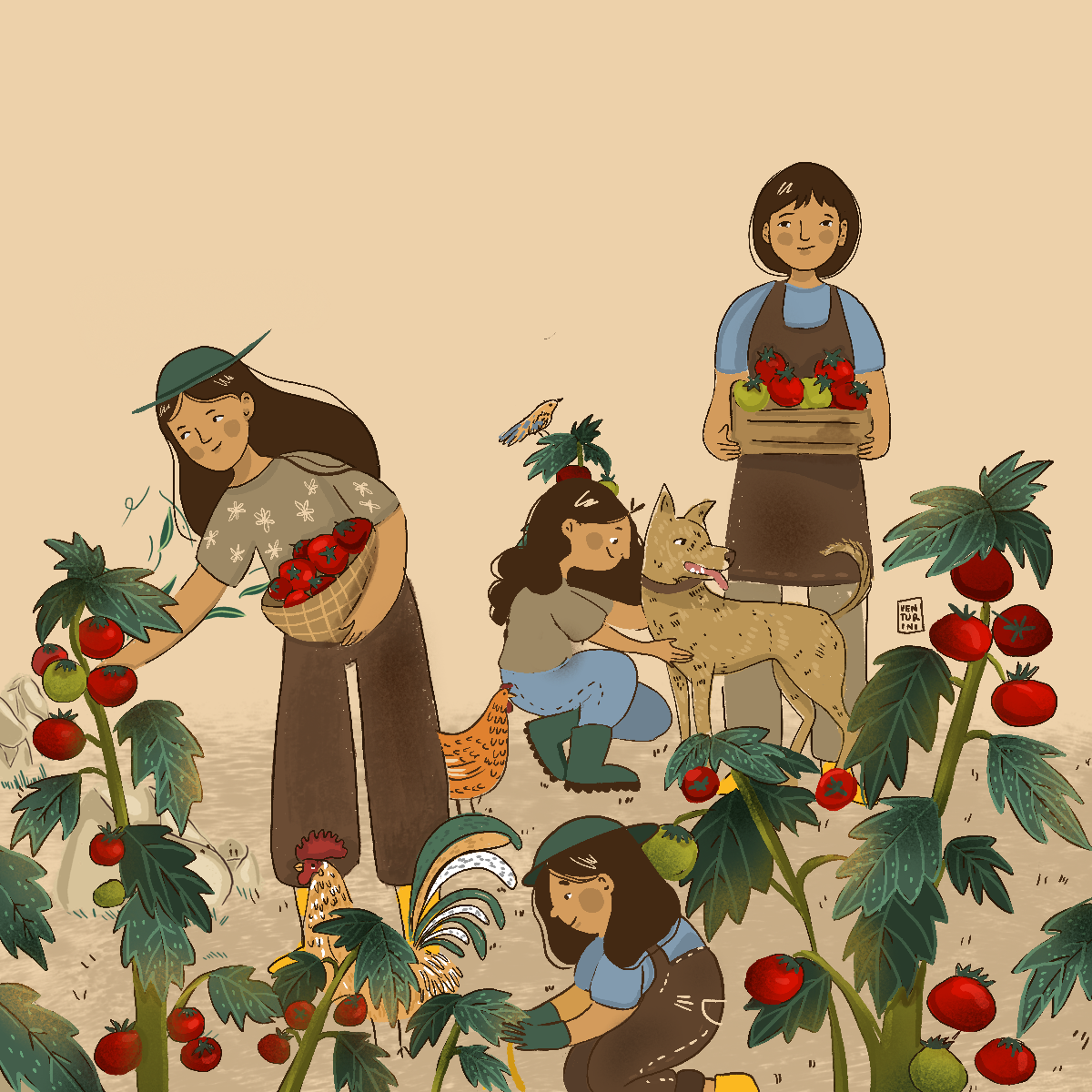
Coming from all these different life experiences, we met to explore what well-being means to us and where we can find it. Of course, we know that having the necessary financial resources to survive and live a wholesome life is essential in the current social system. Yet, we noticed that well-being is not only achieved through economic development or technological advancement, as we have been taught. We also find it in the most subtle sensations, which are not exclusively perceived by the mind but also by our bodies and senses. For example, we smell it in the aromas of the mountain and damp soil in the morning. We see it in nature: in maize, green grass, and the tomatoes that we cultivate. We feel when we are with our hens or in our fields. We sense it in the diverse shapes and sizes of the clouds; the chirping of the birds; and the taste of coffee, berries, and guava. We hear it in the sound of rivers, music, and wind blowing through tree leaves.
Discovering well-being in these daily sensations allows us to identify it even in the hardest of circumstances when there seems to be none. Doing so shows us ways to leverage it and reveals what needs to change in society for all of us to have a genuinely wholesome life. In the context of internal migration, it also connects us to our memories, families, communities, homelands, and roots.
(Click on the arrows to read more quotes)
Moreover, we find well-being in our spiritualities and in our cherished memories of special times with our families, ancestors, friends, and pets. We also sense it in familiar, beloved daily sites and activities: kitchens, tables, beds, hammocks, blankets, wood-burning stoves, living rooms, mountains, hallways, gardens. Sometimes, it is in the small spaces we carve out for ourselves, especially when we are the primary carers for others. Finding well-being in these daily sites and activities lets us notice that structural changes which recognize this work and make it equitable are required to achieve a genuinely wholesome life.
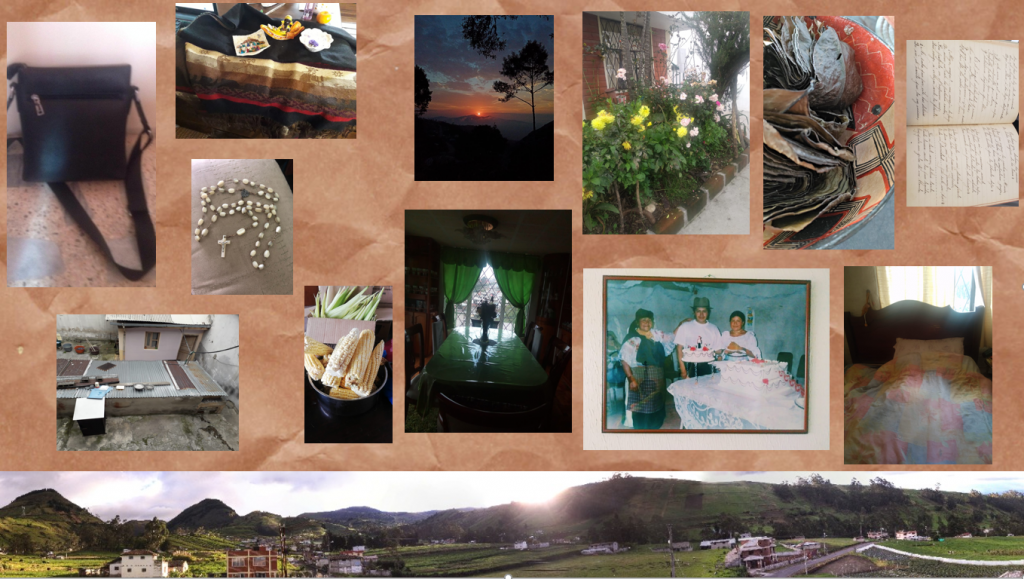
Collective collage created in one of the virtual gatherings where we shared our experiences and perspectives
(Click on the arrows to read more quotes)
We also asked ourselves what well-being means in our specific realities as diverse women in Quito. We identified that violence, racism, classism, and discrimination, all of which we endure daily and pose enormous challenges to our well-being in this context. These hardships are even more pronounced for those of us who are older; live with a disability; or identify as Runa/ indigenous, Afro-Ecuadorian, Black, or Montubian. We see these injustices as some of the first and most significant social changes we need to live a wholesome life.

(Click on the arrows to read more quotes)
In this context so hostile, unjust, and painful—in which our very humanity is constantly overlooked or questioned—we experience well-being when we learn to recognize and love our identities and when we engage in activities that connect us to our roots. We also experience well-being when we represent who we are through different elements that characterize us and are present in our daily lives, such as our language, clothing, hair, and name.
(Click on the arrows to read more quotes)
Expanding the Meanings of Health
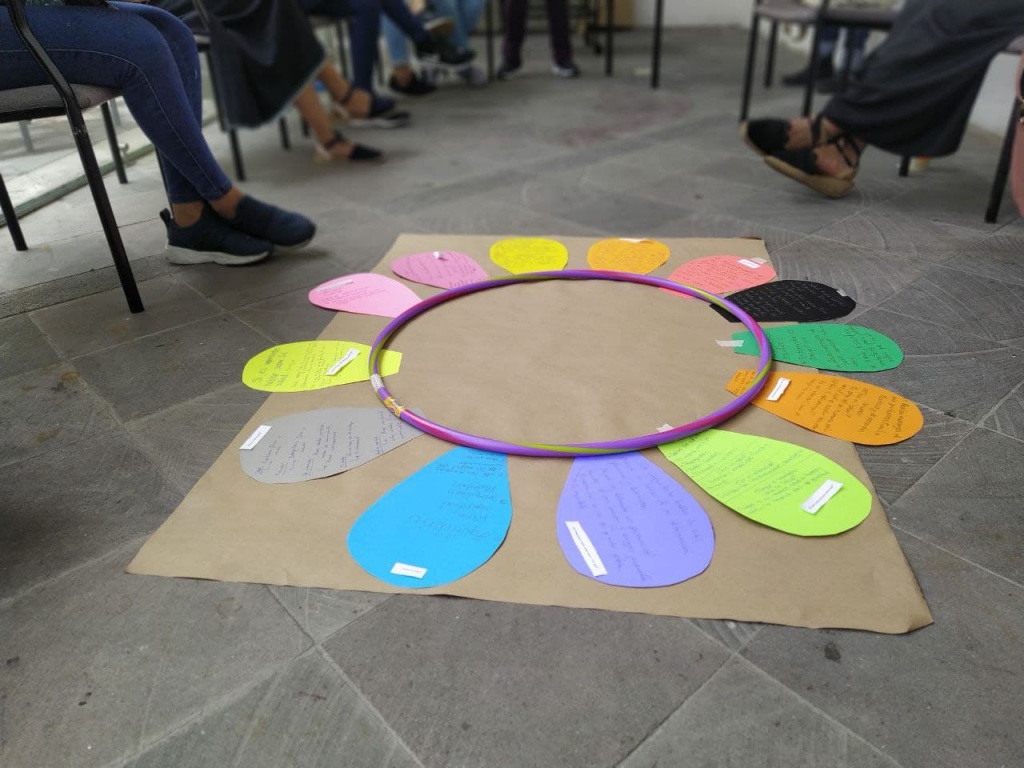
Activity through which we shared health experiences and perspectives during one of our in-person gatherings
We also explored the concept of health. First, we noticed that health is not only inside hospitals for us. As well-being, health is present in our daily lives. We also believe that being healthy requires much more than not having pain. Following the teachings of ancestral knowledges and practices, many of us perceive health as something that does not only concern our physical bodies but also our minds, spirits, and affects. As such, our vision differs from the separation between reason, emotion, and spirituality present in other current approaches to health.
(Click on the arrows to read more quotes)
From the teachings of our ancestors, many of us also conceive health not as individual but as collective. This entails that for us to be healthy, the people around us and the environment we live in must be healthy as well. To achieve this, we need to examine how we relate to ourselves, each other, nature, and all aspects of life, including death.
Some of us consider that we need to start by questioning how we interact with ourselves. Dánely, for example, believes that health means “learning to love and respect yourself,” and Carla adds that, for her, this self-love has been linked to attaining her aspirations and goals, such as studying journalism, which she has wanted to do since she was a little girl. However, we recognize that this is very difficult to do in a society that teaches us that we have less worth than others.
We also see our health as being intimately related to the health of others. Being well allows us to establish harmonious relationships with those around us and collectively contribute to health.
(Click on the arrows to read more quotes)

Food is another essential factor connecting us to our communities, memories, and ways of life. For us, health is directly related to the territory and the conservation of nature, food, and ancestral knowledge.
To be healthy, we need to maintain close contact with nature, and we need nature to thrive as well. Nevertheless, it is not always easy to keep this contact while living in the city. In addition, following the dominant Development Model, there are extractive projects in several of our territories. They damage the land and make us sick. Therefore, to be truly healthy, we need economic and structural changes that support other ways of life.
(Click on the arrows to read more quotes)
Finally, we think that we should reassess how we relate to all aspects of life, including death. Some of us see death as a natural component of the cycle of life. As such, we consider it necessary to question not only how we live but also how we die and approach this process.
(Click on the arrows to read more quotes)
Who Do We Count On?
We consider that radical social and structural changes are required to achieve a truly wholesome and healthy life. Yet, we feel that government support to achieve these changes is limited. In light of this pitfall, some of us have ventured into politics to try to change things from within. For example, Mercy and Helen hope that their work prevents others from having to go through the difficulties they have faced.
(Click on the arrows to read more quotes)
We have also sought support from our closest communities, with whom we coexist daily. Many of us have found this support in our families, friends, neighbours, and colleagues.
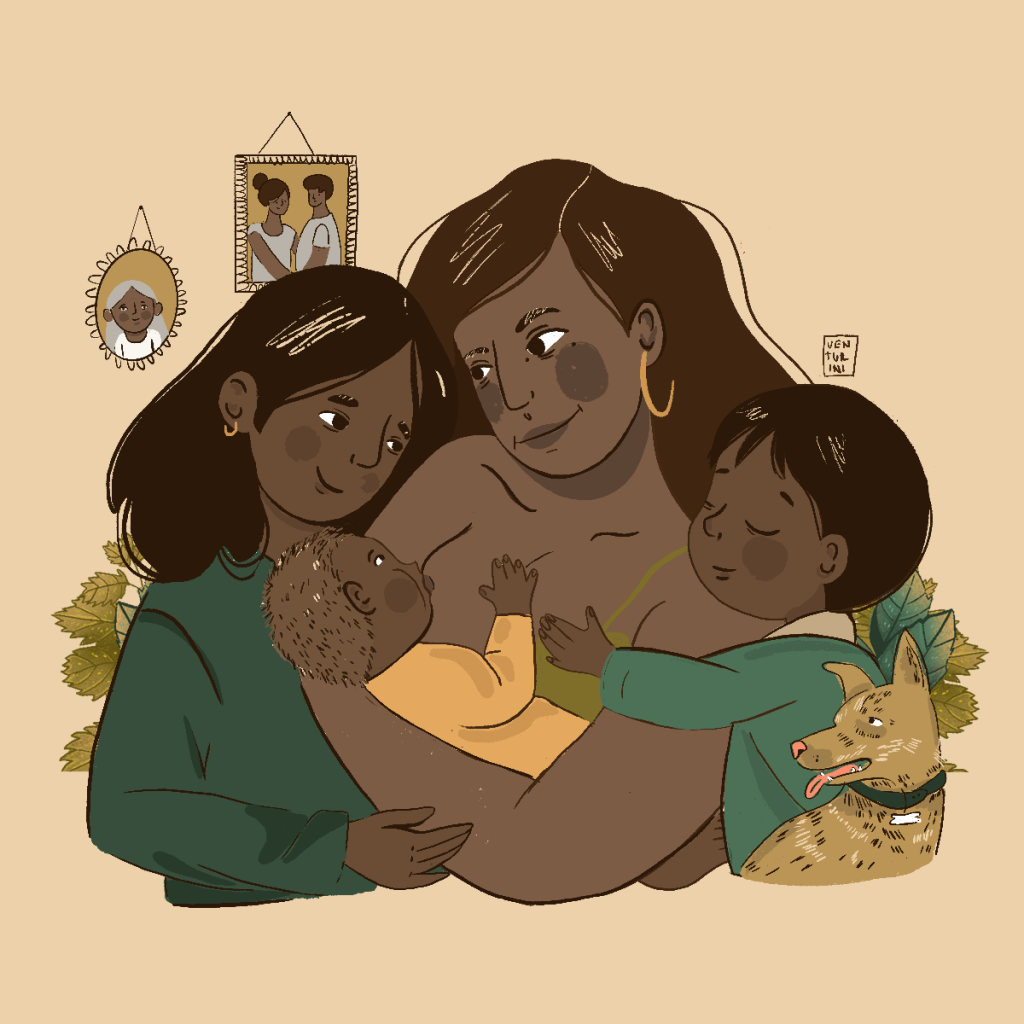
(Click on the arrows to read more quotes)
We also count on community support networks, many of which we have created ourselves. These networks have become even more robust and necessary because of the pandemic.
(Click on the arrows to read more quotes)
We also rely on our different spiritualities, which give us the courage to continue even in the most difficult of times.
(Click on the arrows to read more quotes)
And we count on our own resilience, strength, and perseverance.
(Click on the arrows to read more quotes)
Finally, as demonstrated with this journalistic series of feature stories, we count on words to convey our embodied, lived experiences, and to articulate alternative ways of life.
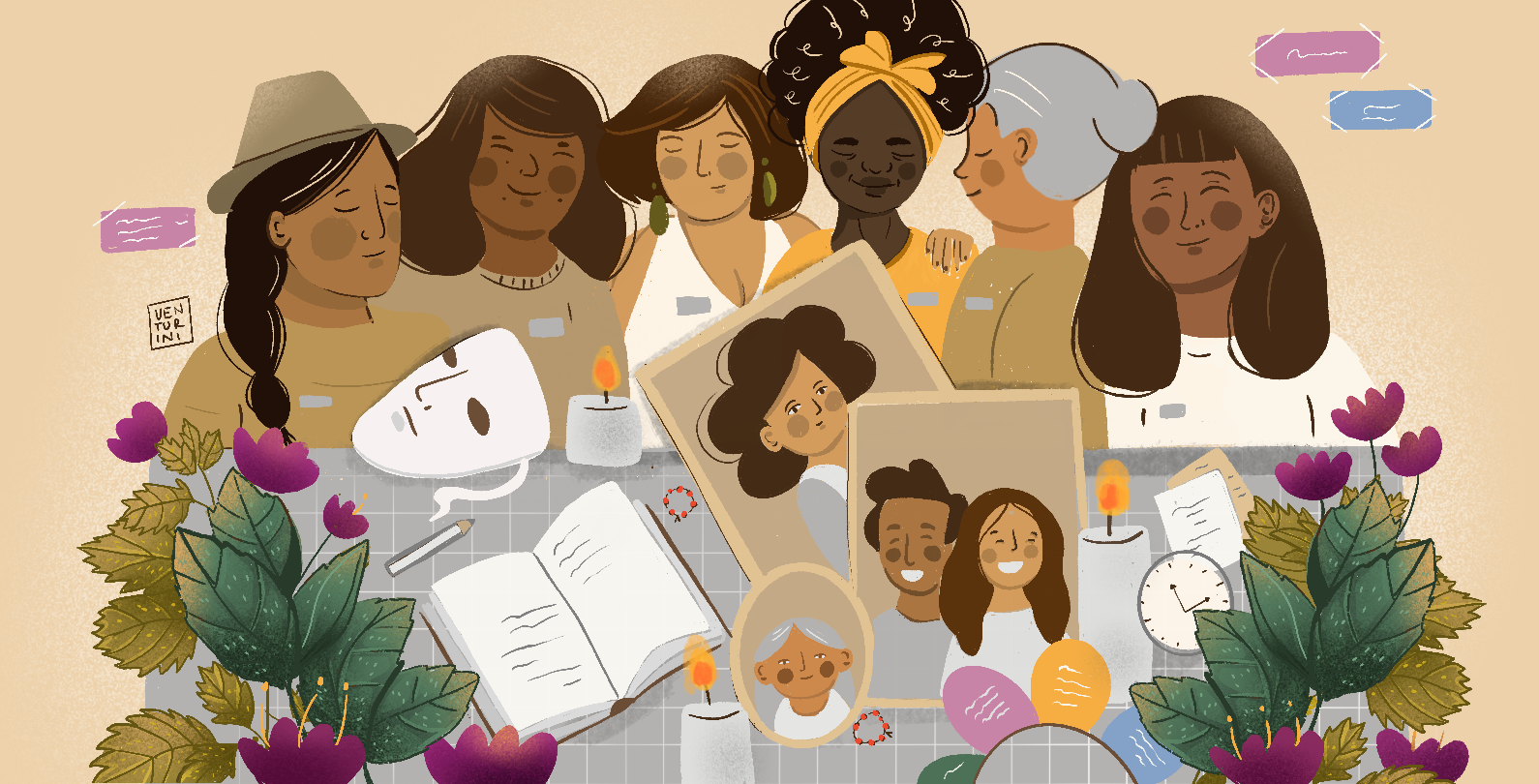
Extending our Conversation
In “The Book of Embraces,” the journalist Eduardo Galeano wrote: “In the house of words, there was a table of colours. Colours were offered in large fountains for each poet to take the shade they wanted: lemon-yellow or sun-yellow, sea-blue or smoke-blue, seal-red, blood-red, wine-red.” In the same way, around the tables that we shared when we met, we nourished each other with what we needed.
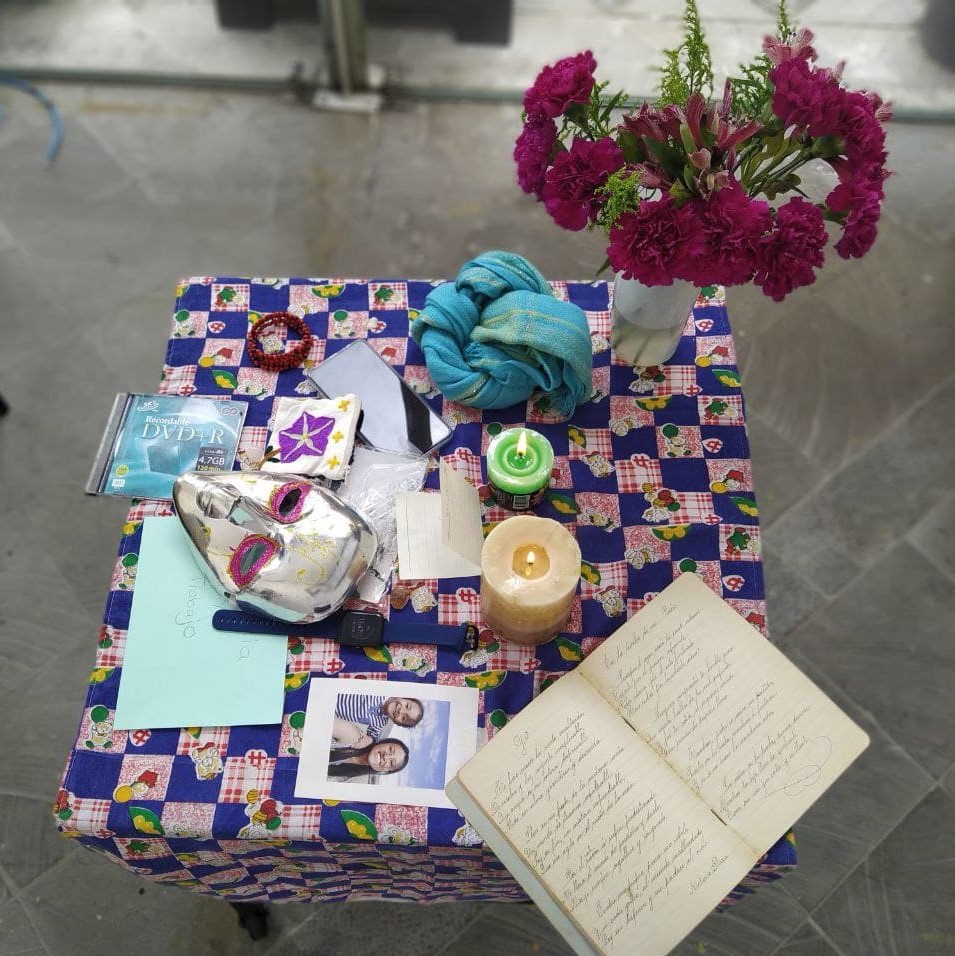
Table where we shared personal objects representing well-being during one of our in-person gatherings
Like Yanua expressed in the statement above, those of us who came together to create this journalistic series of feature stories asked ourselves what we needed to live a wholesome and healthy life. We combined our answers to broaden our collective framework.
We explored our experiences with everything that transits within and around us, including our affects, senses, emotions, intuition, and memories. We also considered the spaces we inhabit in our daily lives and the pictures and objects we hold dear and brought with us in our migration journeys. Doing so allowed us to access the wisdom present both in our minds and bodies.
Focusing on the subtle and intangible sensations often overlooked, we discovered new ways of experiencing and defining well-being and health. These are more relevant to our realities than the existing approaches, concentrating primarily on objectivity and reason. In this way, we learned that well-being and health are collective rather than individual for us. We also noticed that sharing diverse perspectives can help us reconsider how to relate to ourselves, each other, our environment, and all aspects of life, including death.
This process raised new questions, such as: How can we continue to expand how we define not just well-being and health but also other concepts like ‘communication,’ ‘migration,’ ‘identity,’ and ‘community’? What new kinds of societies could we build if we listened to all the different voices inviting us to consider alternative ways of approaching these concepts? What do we need, and who do we count on to achieve these new ways of life?
With these, our words that heal, we invite you, our reader, to join us at our table to continue exploring these and similar questions and keep imagining and tracing new ways of writing history – and life – in plurality.
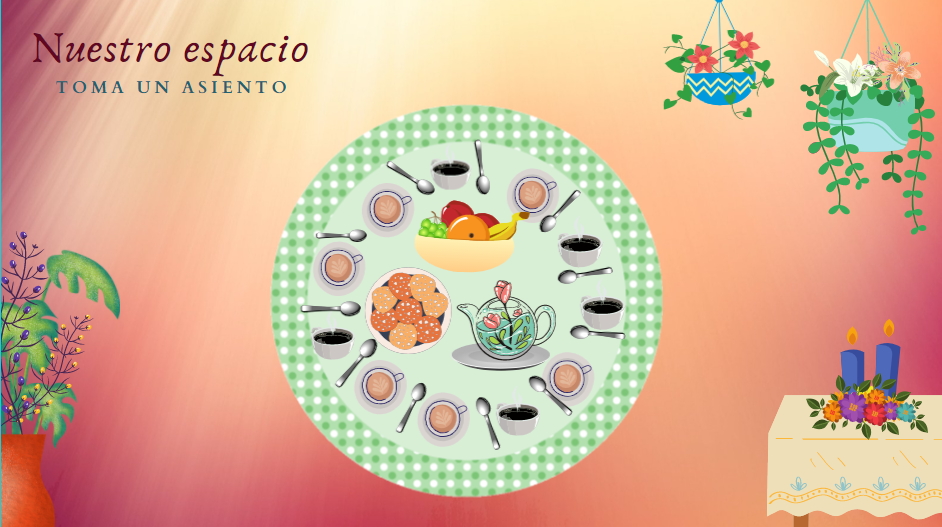
Image of the table that we shared during our virtual gatherings

